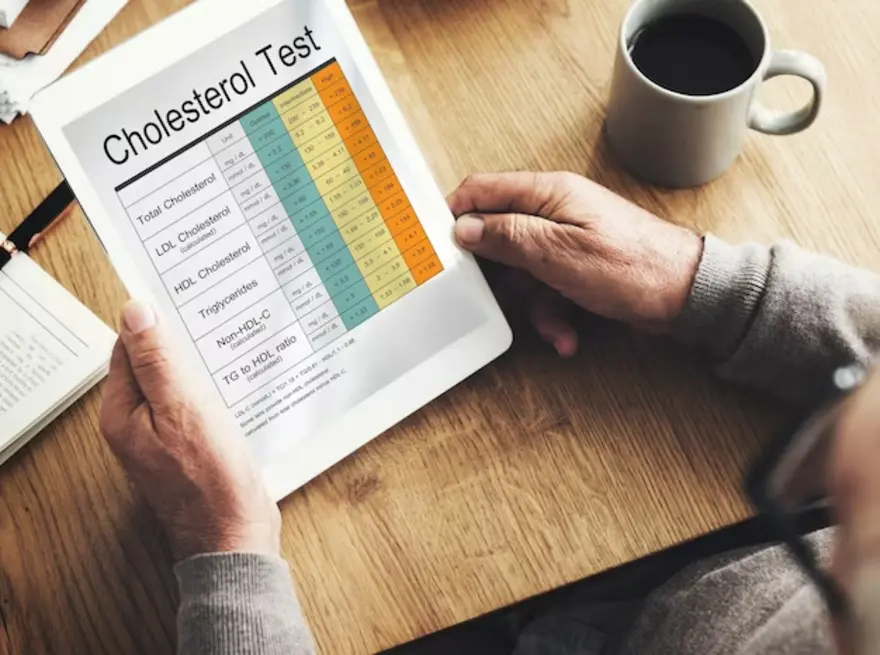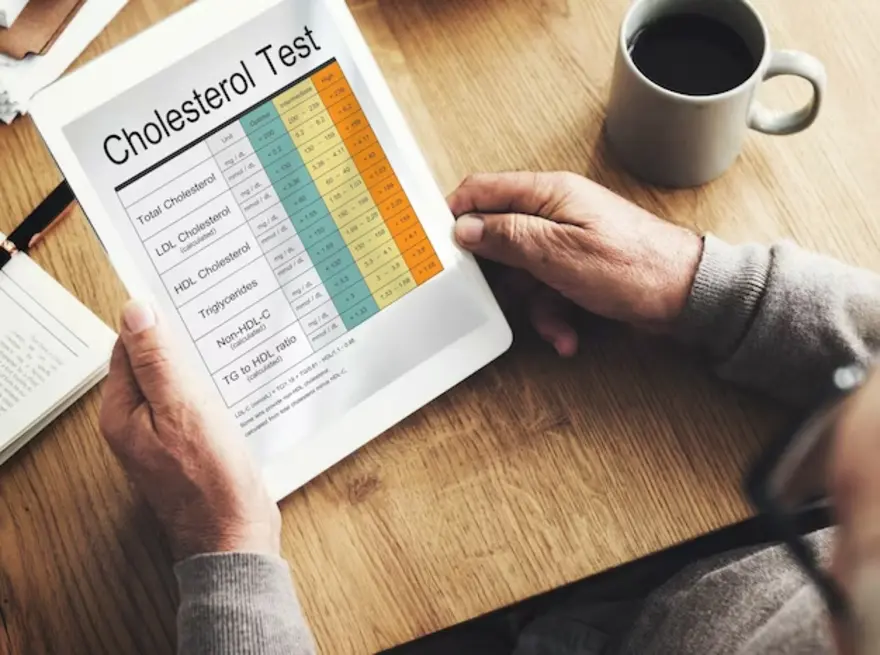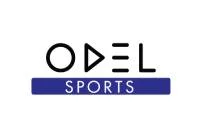February 15, 2018
Cholesterol Levels: What You Need to Know

What is cholesterol?
Cholesterol is a waxy, fat-like substance that’s found in all the cells in your body. Your liver makes cholesterol, and it is also in some foods, such as meat and dairy products. Your body needs some cholesterol to work properly. But if you have too much cholesterol, you have a higher risk of coronary artery disease.
How do you measure cholesterol levels?
If you are age 20 or older, you should have your cholesterol measured at least once every five years. This regularity of measurement shortens as you get older, where some people may measure it even six monthly. Therefore, discussing with your doctor when you should check your cholesterol level is important. A particular blood test can measure your cholesterol levels. Before the test, you’ll need to fast (not eat or drink anything but water) for 9 to 12 hours. The test gives information about your:
- Total cholesterol – a measure of the total amount of cholesterol in your blood. It includes the two types – low-density lipoprotein (LDL) cholesterol and high-density lipoprotein (HDL) cholesterol.
- LDL (‘bad’) cholesterol – the main source of cholesterol buildup and blockage in the arteries
- HDL (‘good’) cholesterol – HDL helps remove cholesterol from your arteries
Triglycerides – another form of fat in your blood that can raise your risk for heart disease, especially in women. Triglycerides are not a type of cholesterol, but they are part of a lipoprotein panel (the test that measures cholesterol levels).
Your cholesterol measurement report would indicate if your cholesterol rates are acceptable or not. It is important to discuss your report with your doctor.
What could affect your cholesterol level?
A variety of things can affect cholesterol levels. These are some things you can do to lower your cholesterol levels:
- Saturated fat and cholesterol in the food you eat make your blood cholesterol level rise. Saturated fat is the main problem, but cholesterol in foods also matters. Reducing the amount of saturated fat in your diet helps lower your blood cholesterol level. Foods that have high levels of saturated fats include red meats, dairy products, chocolate, baked goods such as pastries, and deep-fried and processed foods.
- Being overweight is a risk factor for heart disease. It is also associated with high cholesterol. Losing weight can help lower your LDL (‘bad’) cholesterol, total cholesterol, and triglyceride levels. Losing weight also raises your HDL (‘good’) cholesterol level.
- Physical activity.Not being physically active is a risk factor for heart disease. Regular physical activity can help lower LDL (‘bad’) cholesterol and raise HDL (‘good’) cholesterol levels. It also helps you lose weight. You should try to be physically active (where you sweat) for 30 minutes on most, if not all, days.
- Smoking.Cigarette smoking lowers your HDL (‘good’) cholesterol. HDL helps to remove LDL (‘bad’) cholesterol from your arteries. So, a lower HDL can contribute to a higher level of LDL cholesterol.
Things outside of your control can also affect cholesterol levels:
- Age and Gender.As women and men get older, their cholesterol levels rise. Before the age of menopause, women have lower total cholesterol levels than men of the same age. After the age of menopause, women’s LDL (‘bad’) cholesterol levels tend to rise.
- Your genes partly determine how much cholesterol your body makes. High blood cholesterol can run in families.
How can you lower your cholesterol levels?
There are two main ways to lower your cholesterol levels:
- Therapeutic lifestyle changes (TLC).TLC includes three parts:
- The TLC diet.This diet is a low-saturated-fat, low-cholesterol eating plan. It recommends that you eat and drink only enough calories to stay at a healthy weight and avoid weight gain. It encourages you to eat fruits (foods grown in your own country is better as it is fresher than imported fruits), vegetables, whole grains, low-fat or non-fat dairy products, fish, chicken without the skin, and, in moderate amounts, lean meats.
- Weight management.If you are overweight, losing weight can help lower your LDL (‘bad’) cholesterol. This is especially important for people with metabolic syndrome. Metabolic syndrome is a group of risk factors that includes high triglyceride levels, low HDL (‘good’) cholesterol levels, and being overweight with a large waist measurement (more than 40 inches for men and more than 35 inches for women).
- Physical activity.Everyone should get regular physical activity (30 minutes on most, if not all, days).
- Drug treatment.If TLC alone does not lower your cholesterol enough, you may also need to take medicines. There are several types of cholesterol medicines The medicines work in different ways and can have different side effects. Talk to your doctor about which one is right for you. While you are taking medicines to lower your cholesterol, you should continue with the above-indicated lifestyle changes – this is important. This will ensure that the dose of medicine is as low as possible, and lower your risk of heart diseases in other ways as well.
Source – https://medlineplus.gov/cholesterollevelswhatyouneedtoknow.html




















